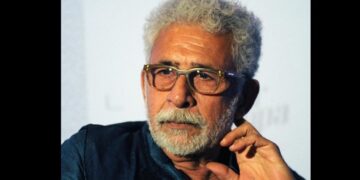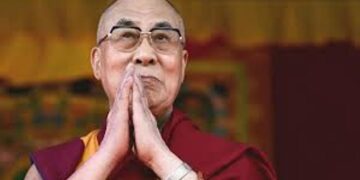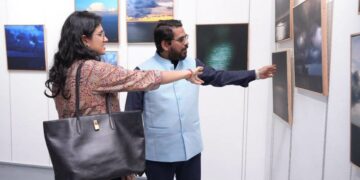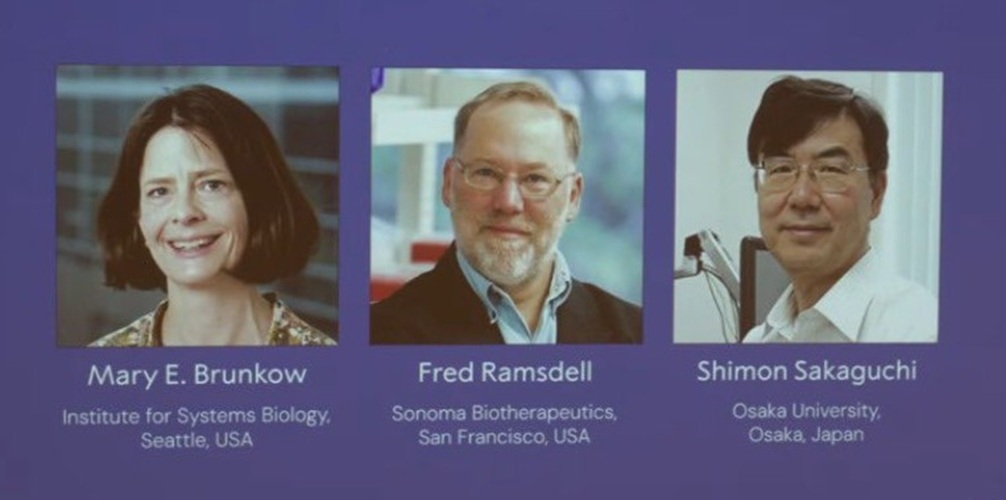The 2025 Nobel Prize in Physiology or Medicine has been awarded to Mary E. Brunkow, Fred Ramsdell, and Shimon Sakaguchi for their pioneering work that unravelled how the body prevents its immune system from attacking its own tissues — a process known as peripheral immune tolerance.
Announcing the first Nobel of the year, the Karolinska Institute in Stockholm said the trio’s discoveries have transformed the understanding of immune regulation and opened pathways for treating autoimmune diseases, cancers, and improving transplant outcomes.
The human immune system constantly battles countless microbes, distinguishing friend from foe. But errors in this complex system can trigger autoimmune diseases, where the body turns on itself.
The laureates uncovered how certain immune cells, called regulatory T cells, act as guardians that prevent such self-destructive attacks.
Sakaguchi’s landmark research in 1995 challenged existing theories by showing that immune tolerance isn’t confined to the thymus — the organ where harmful immune cells are typically eliminated — but also maintained in the body’s periphery.
He identified a previously unknown group of immune cells that keep the system in check.
In 2001, Brunkow and Ramsdell discovered that mutations in a gene called Foxp3 cause severe autoimmune diseases.
They found that this gene is critical for the function of regulatory T cells, the very cells Sakaguchi had described.
Two years later, Sakaguchi confirmed that Foxp3 directs the development of these protective cells, cementing the link between their discoveries.
ALSO READ: Blizzard traps over 200 climbers on Tibetan side of Everest; 350 rescued
“Their work has been crucial to understanding why most people don’t develop severe autoimmune diseases,” said Olle Kämpe, chair of the Nobel Committee.
The insights from these studies have since fueled major advances in medicine, including therapies that boost or suppress the immune system to fight cancer or prevent immune-related disorders.
The Nobel Prize announcements will continue through the week, with physics, chemistry, literature, and peace prizes to follow, culminating with the economics award on October 13.
The official Nobel ceremony will take place on December 10 — the anniversary of Alfred Nobel’s death.















